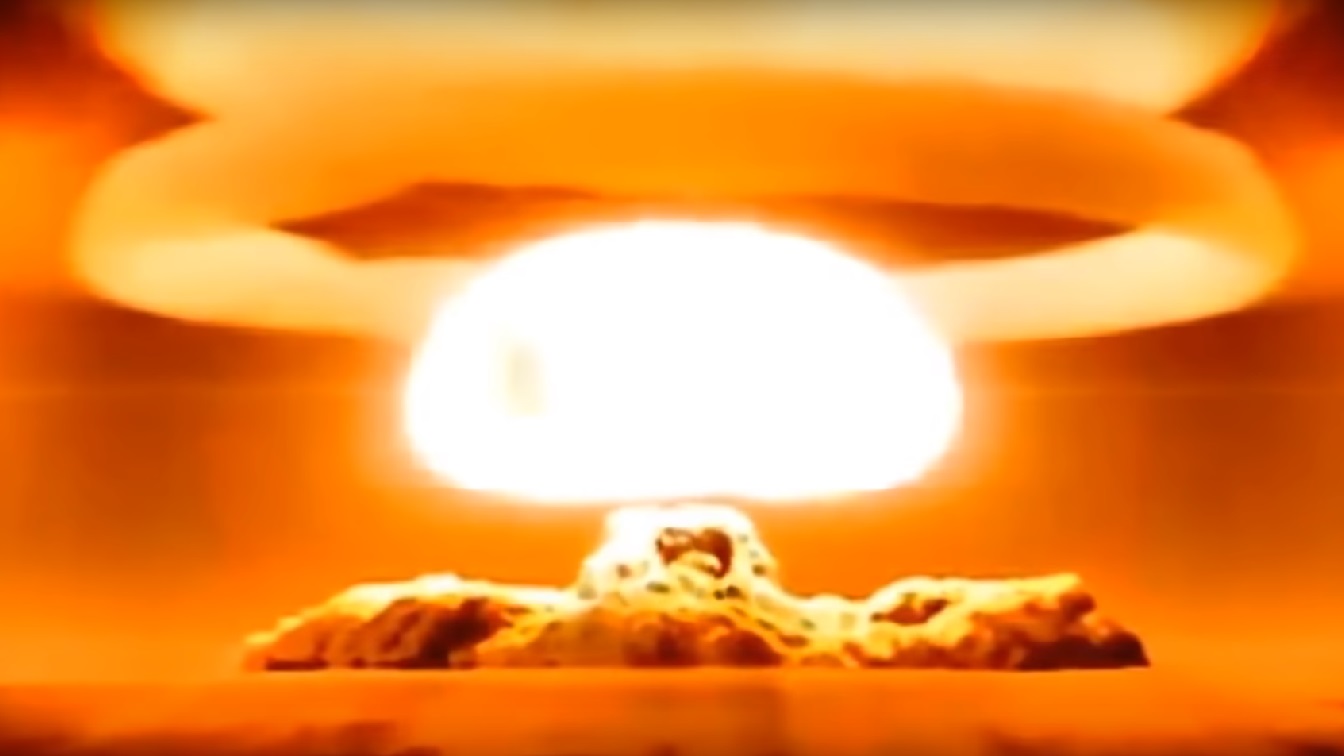The Russian Ministry of Foreign Affairs has just released a video in which its spokeswoman, Maria Zakharova, states: “The Russian Federation is fully committed to the principle of the inadmissibility of nuclear war. We have repeatedly said and confirmed this. There can be no winners in such a war – one should never be unleashed.”
Just last week Russian dictator Vladimir Putin openly stated that he’s not bluffing about defending Russia with nuclear weapons. That threat immediately led to panic and soul-searching in the West, as policymakers scrambled to come up with adequate responses to the threat and to the possibility of first use of tactical nuclear weapons against Ukraine.
What’s going on here? How do we explain these mixed signals?
There are several possible answers.
First, this could be a sign of confusion in the Kremlin. Putin has gotten noticeably weaker and more focused on micromanaging the war. He may not have the time, connections, and information that he would normally need to know what Russia’s massive state is up to. The scenario is plausible, especially if one considers the chaos on many parts of the front.
Second, it’s possible that Putin is hoping to bamboozle the West—to confuse and divide it with mixed messages and thereby reduce its capacity to make good decisions. This scenario assumes Putin is very much in charge, so much so that he is capable of planning complex disinformation campaigns.
Possible? Yes.
Likely? Marginally.
Third, there may actually be serious disagreement within the Russian elite about the war. In transitional periods—and Putin may be in one—elites jockey for position and power by adopting various kinds of policy stances. Although it’s hard to imagine Sergei Lavrov, Russia’s foreign minister, as a Putin opponent, it’s not impossible that he and his minions see the writing on the wall, know that trials at The Hague are inching ever closer, and that taking a pacific stance might help them when prosecutors come with handcuffs.
There’s another interpretation, one more in line with the irresistible Russian propensity to lie. Every Russian with an opinion insisted in January-February 2022 that war was unthinkable. And then Putin invaded. It’s therefore conceivable that Zakharova’s statement is simply eyewash intended to reduce Western vigilance.
This interpretation has an additional twist. Zakharova insists on the inadmissibility of nuclear war. She never says that the first use of tactical nuclear weapons is also inadmissible.
The tragedy is that Zakharova may be sincere. Unfortunately, the Putin regime has practiced an elevated form of mendacity for two decades and cannot be trusted. The safe bet is to assume the Russians are lying once again.
Dr. Alexander Motyl is a professor of political science at Rutgers-Newark. A specialist on Ukraine, Russia, and the USSR, and on nationalism, revolutions, empires, and theory, he is the author of 10 books of nonfiction, including Pidsumky imperii (2009); Puti imperii (2004); Imperial Ends: The Decay, Collapse, and Revival of Empires (2001); Revolutions, Nations, Empires: Conceptual Limits and Theoretical Possibilities (1999); Dilemmas of Independence: Ukraine after Totalitarianism (1993); and The Turn to the Right: The Ideological Origins and Development of Ukrainian Nationalism, 1919–1929 (1980); the editor of 15 volumes, including The Encyclopedia of Nationalism (2000) and The Holodomor Reader (2012); and a contributor of dozens of articles to academic and policy journals, newspaper op-ed pages, and magazines. He also has a weekly blog, “Ukraine’s Orange Blues.”

